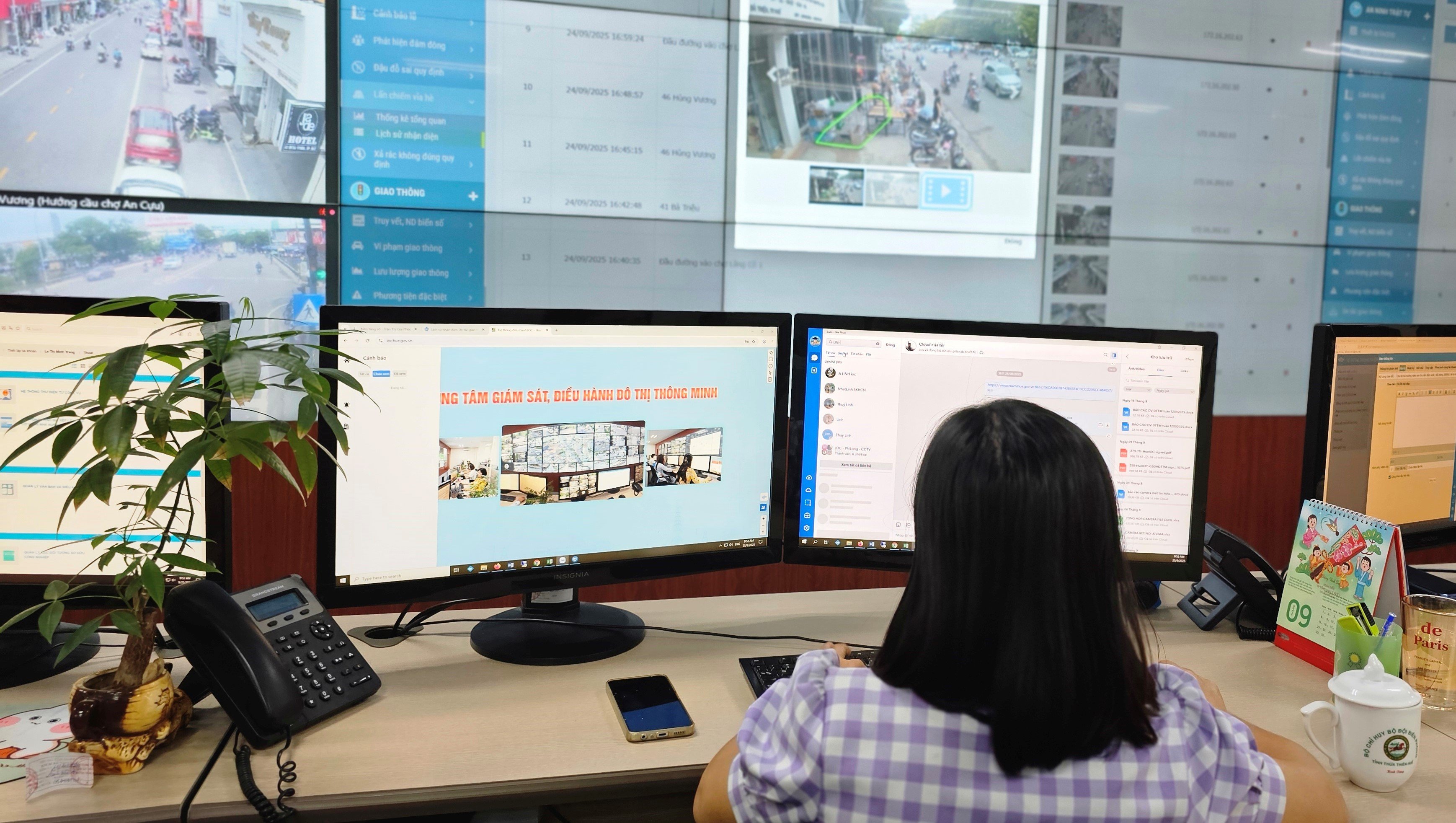 |
| Decree requires smart buildings to connect to the Smart Urban Monitoring and Operation Center |
This is a key legal framework to bring Vietnam's urbanization process into a development phase based on data, technology and serving the people.
Smart buildings - the foundation for modern governance
One of the highlights of the Decree is the specific provisions on smart buildings, considering them the core of the smart urban ecosystem. Smart buildings are required to apply advanced technology and management systems throughout their lifecycle - from design, construction to operation - to save energy, be environmentally friendly and adapt to climate change.
In particular, buildings must connect and securely share data with the Smart City Monitoring and Operation Center; apply building information modeling (BIM) and maintain a comfortable and safe living environment through the building management system (BMS). At the same time, the Decree also requires the security of information and personal data of users - a core factor to ensure trust and privacy in digital urban spaces.
Developing smart technology and service urban areas
The State encourages investment in the construction of smart urban areas and technology urban areas, with requirements for synchronous digital infrastructure, smart utility services, connectivity and data sharing. Notably, the technology urban area will be a place to focus on research, production, testing and demonstration of technology, forming a startup ecosystem with innovation, thereby spreading the spirit of digital transformation and science and technology into urban life. The scale of residential land area serving residents is not more than 15% of the land area with infrastructure of the technology urban area.
For smart urban areas, it is necessary to meet the general requirements for urban areas according to the provisions of law and the requirements for smart urban development: Requirements for digital infrastructure readiness; applying and maintaining solutions for energy saving and efficiency; having the ability to connect and share data safely and seamlessly with the common urban ecosystem.
The assessment and certification of smart urban areas are carried out according to the regulations of the Ministry of Construction . This Ministry periodically conducts inspections of the certification of smart urban areas, issues guidelines on the framework for the assessment of smart urban areas; the capacity framework of units and organizations conducting assessment and recognition; and publicly announces the results of assessment and certification.
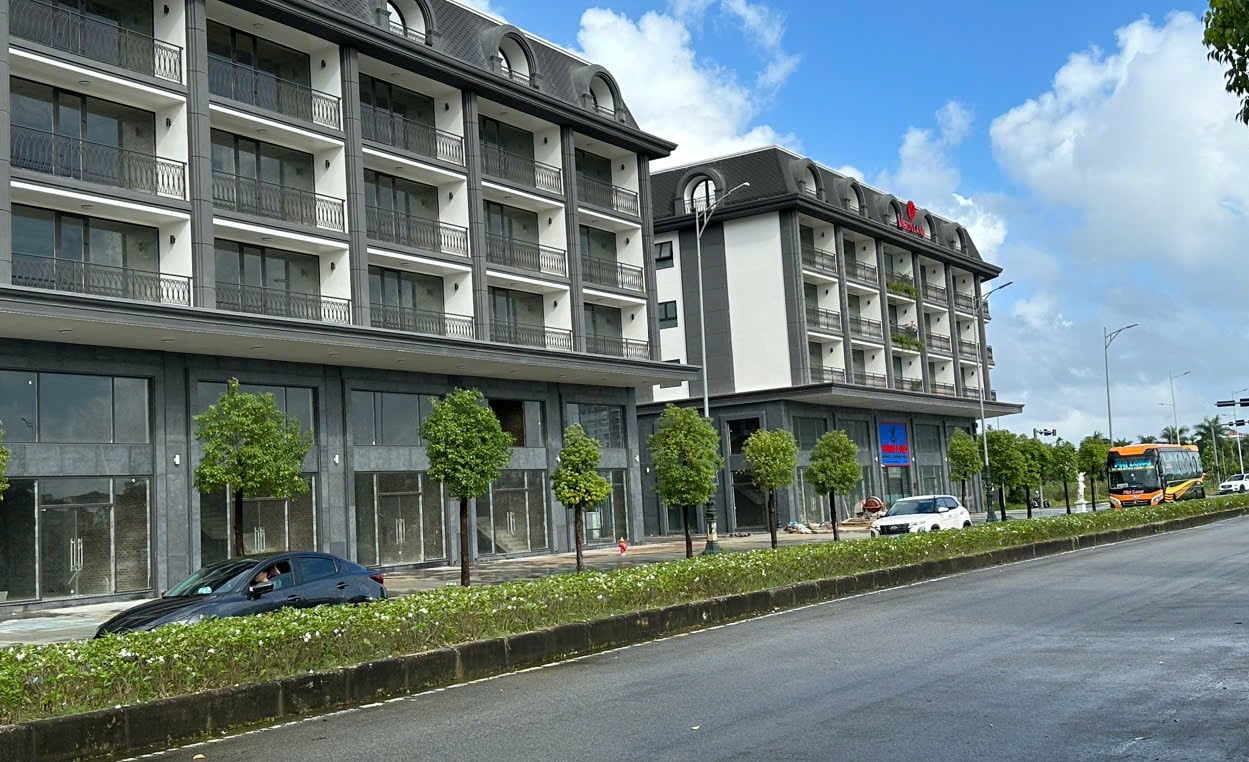 |
| The assessment and certification of smart urban areas are carried out according to regulations of the Ministry of Construction. Illustrative photo |
Towards quality of life and digital governance
Decree 269/2025/ND-CP not only lays the foundation for a data- and technology-based urban model, but also emphasizes the human element in urban governance and development. With people at the center, all smart infrastructures aim to improve the quality of life, increase safety, convenience and sustainability.
The application of artificial intelligence in public services that impact the rights and interests of citizens must comply with the principles of transparency, accountability, fairness and be subject to human supervision as prescribed by law.
The State prioritizes and encourages research, development and deployment of proactive, personalized public services based on data analysis, to bring the best experience and most effective service to people and businesses; encourages the development of shared platforms, attracts socialization and public-private cooperation in investment in developing smart urban services and utilities.
The development of smart urban applications in the fields of environment, waste collection and treatment, healthcare, education , urban security and safety, culture, tourism, entertainment and other fields shall comply with current legal regulations of each field, the guidelines and regulations of specialized Ministries and the provisions of this Decree...
The provincial smart urban development project must specifically identify a list of basic services and optional services prioritized to attract investment and encourage development in each phase.
Source: https://huengaynay.vn/kinh-te/huong-toi-nen-do-thi-thong-minh-ben-vung-nhan-van-158889.html


![[Photo] Closing ceremony of the 18th Congress of Hanoi Party Committee](https://vphoto.vietnam.vn/thumb/1200x675/vietnam/resource/IMAGE/2025/10/17/1760704850107_ndo_br_1-jpg.webp)
![[Photo] General Secretary To Lam attends the 95th Anniversary of the Party Central Office's Traditional Day](https://vphoto.vietnam.vn/thumb/1200x675/vietnam/resource/IMAGE/2025/10/18/1760784671836_a1-bnd-4476-1940-jpg.webp)



![[Photo] Collecting waste, sowing green seeds](https://vphoto.vietnam.vn/thumb/1200x675/vietnam/resource/IMAGE/2025/10/18/1760786475497_ndo_br_1-jpg.webp)


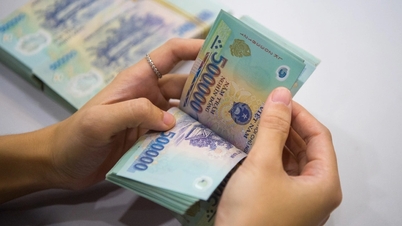



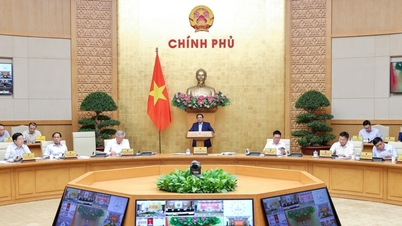

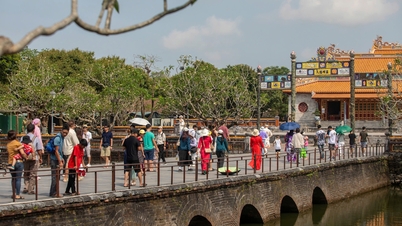

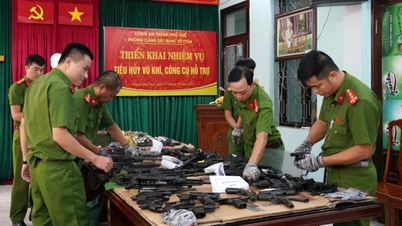
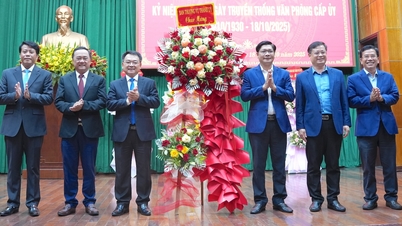
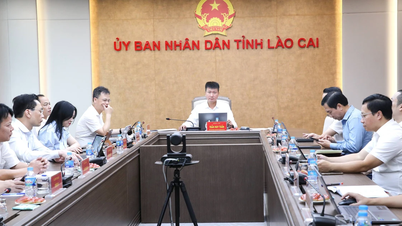

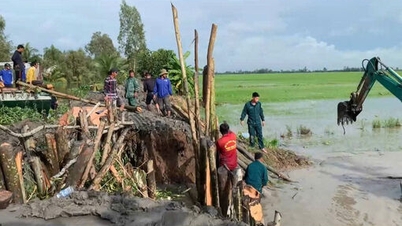

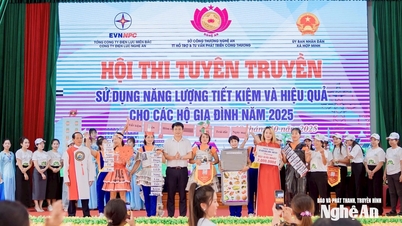
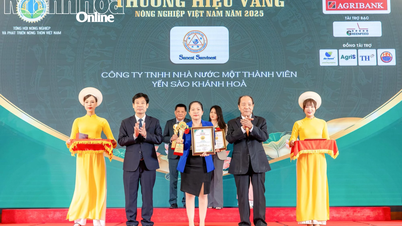





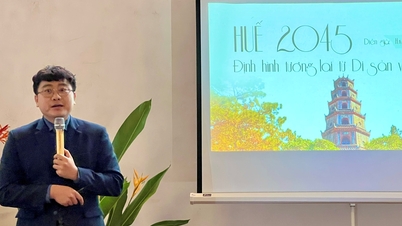



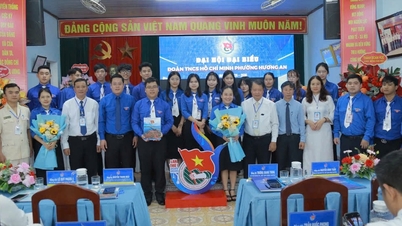



































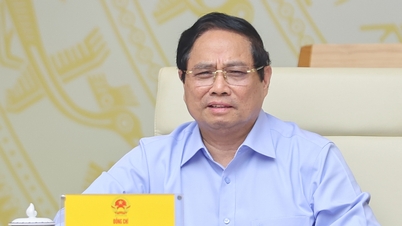
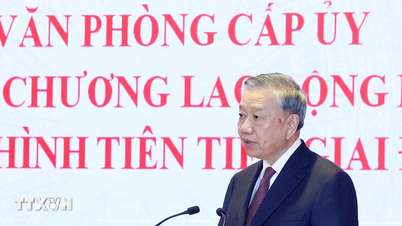

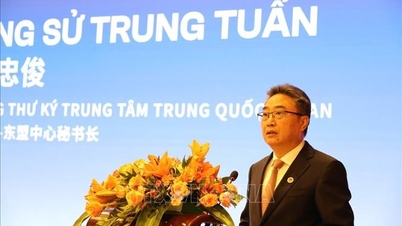
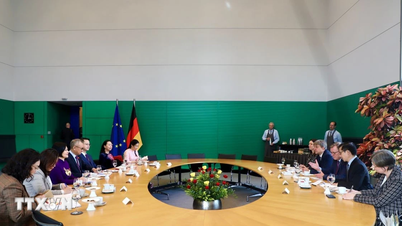












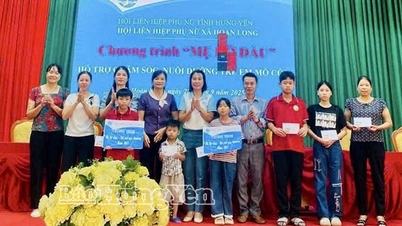



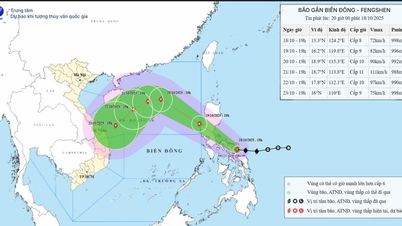
















Comment (0)